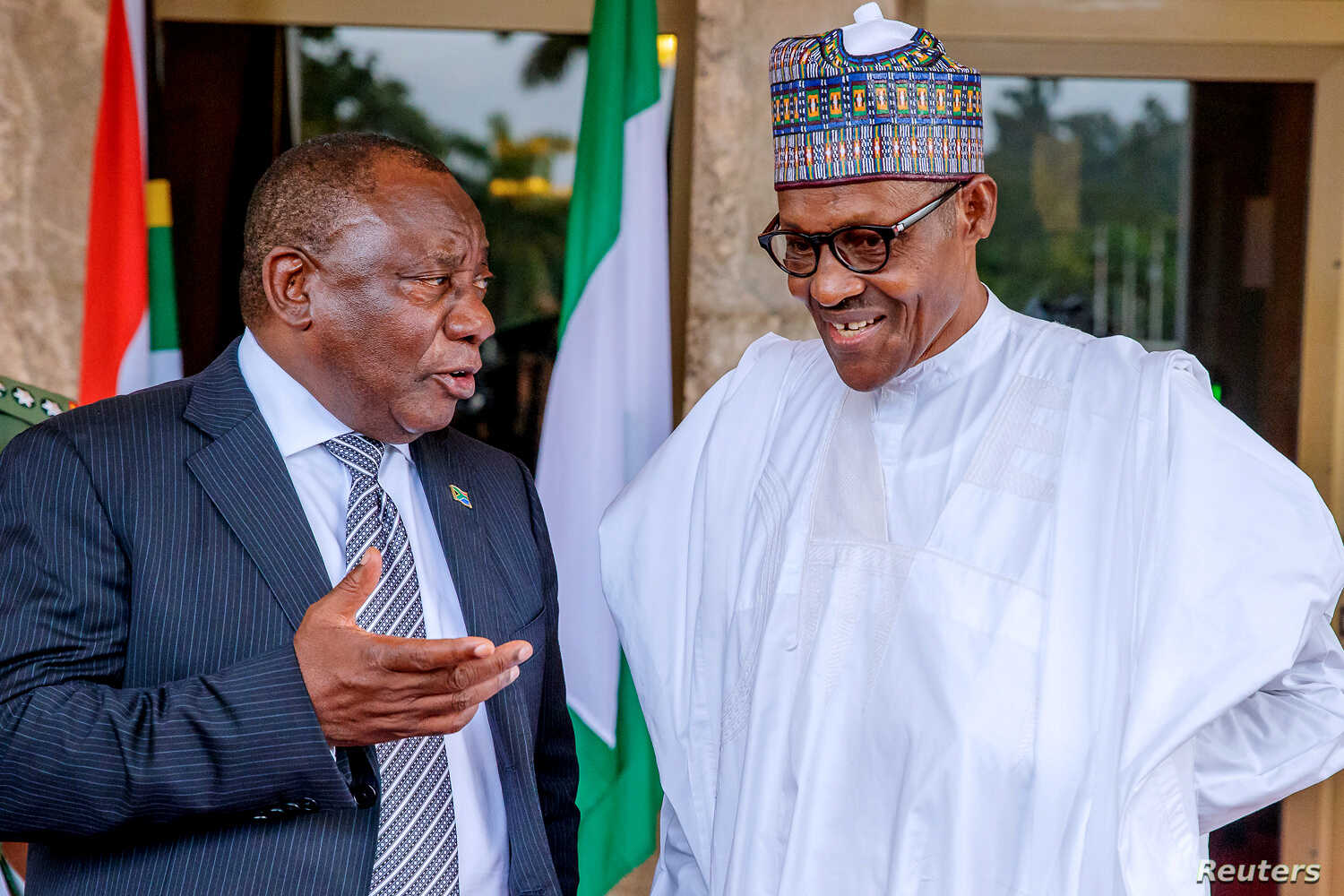Africa’s public debt has doubled to nearly half of Africa’s economic output since 2008.
The IMF warned before the coronavirus pandemic in December 2019 that high commodity prices and low demand has forced many African nations to borrow as they did in the 90s. But some will struggle to pay back. 20 of the 54 countries in Africa are near distressed levels or already there, according to the IMF.
Up until 2018, African Nations raised $56 billion in debt. China alone has handed $143 billion to the continent between 2000-2017, raising fears of a new “debt trap imperialism”.
Africa’s debt payment was about 13% of total government revenue before the coronavirus and just 4.7% by 2010.
Meanwhile, Nigeria allocates over 60% of its budget to debt servicing in 2019.
The Head of United Nations Economic Commission For Africa, Vera Songwe says, “ Our leaders have two choices, you either pay obligations to the bondholders or you buy medicine, food, and fuel for the population”.
READ MORE: U.S.A calls for an independent probe of AfDB president, Akinwumi Adesina
This has led to debt freezing for African Nations, thanks to the Paris Club, the debt freezing aims to free up cashflow. 25 African Finance Ministers wrote a letter to global economic leaders in April asking for delays in $44 billion worth of debt payments. The Paris Club proposed an eight-month suspension of debt payments valued at $11 billion.
The Coronavirus has created major setbacks for the global economy as the World Bank expects global economic output to shrink by 5.2% in 2020. Expanding debts in Africa with reduced Economic output to pay for it cannot be ignored.
A series of debt defaults will return Africa to the era of the 90s when poverty was rampant and nations defaulted on debt.
About 29 million Africans are expected to join the already 400 million Africans living in extreme poverty, of which over 80 million of those are in Nigeria.
In 2005, rich nations led by the Paris Club wrote off $100 billion in loans owed by African nations, which was accumulated since the 1960s when newly formed African nations spent heavily on infrastructure and subsidies aiming to create national identified and modernize their nations.
READ MORE:Nigeria needs a bailout
Some critics believe debt suspension for African nations just postpones the trouble, not solve it. Some countries in Africa did not sign the new debt freezing deals fearing it may affect their credit ratings if they don’t pay on time.
The “elephant in the room” is China. China’s loans to Africa has surpassed the IMF’s and the World Bank’s. Almost 20% of Africa’s entire external debt comes from China. China usually demands collateral in the form of state assets in place of debt relief which leaves African nations without much leverage.
While the West has the leverage of Quantitative Easing to support failing economies during the COVID-19 pandemic, Africa doesn’t. Ghana Minister of Finance, Ken Ofori seeks 3-year suspensions for Africa.
The African debt problem needs an economic output answer, the easiest way to solve that is for African Nations to expand GDP through trade. However, the African Free Trade Agreement has been suspended due to coronavirus.











